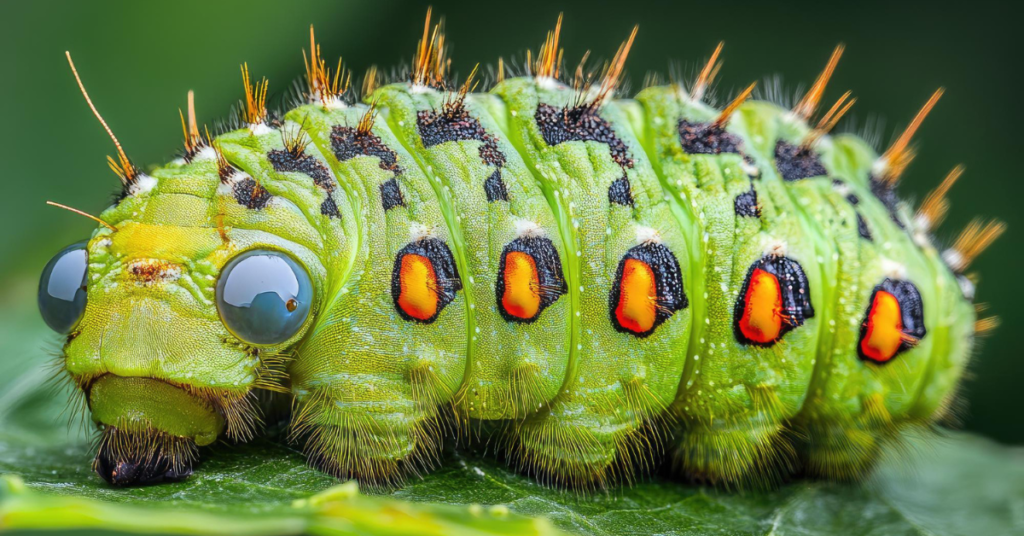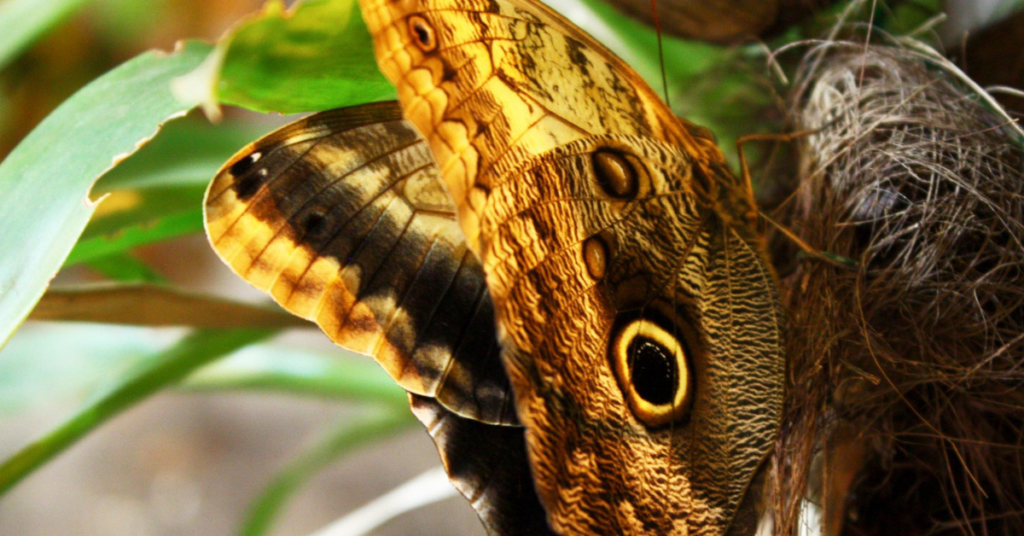The Shih Tzu is a charming, affectionate, and lively toy dog breed known for its adorable face and luxurious coat. Originally bred for royalty in ancient China, this breed has captured hearts worldwide with its sweet nature and stunning appearance. If you own a Shih Tzu or plan to bring one home, understanding its grooming, care, and health needs is essential.
Table of Contents
ToggleWhat Makes the Shih Tzu Unique?
Shih Tzus are compact dogs with long flowing hair, a sturdy body, and a face that almost always appears to be smiling. They typically weigh between 9 to 16 pounds and stand 9 to 10.5 inches tall. Despite their regal history, Shih Tzus are happy-go-lucky companions who thrive on human interaction.
Personality Traits:
- Friendly and affectionate
- Great with children and other pets
- Playful, alert, and sometimes stubborn
- Adaptable to apartments and small spaces
- Loyal and often form strong bonds with their owners
- Enjoy attention and may demand it through playful antics
Their loving disposition makes the Shih Tzu ideal for families, seniors, and first-time dog owners. Fun fact: the name “Shih Tzu” means “lion dog” in Mandarin, referring to their resemblance to the traditional Chinese guardian lions.
Grooming Your Shih Tzu
Proper grooming is essential for this breed, not just for appearance but for health and comfort too. The Shih Tzu’s long, double coat needs regular maintenance to avoid tangles and mats.
Daily Brushing
Daily brushing prevents knots and reduces shedding. Use a high-quality pin brush or slicker brush and detangler spray for a smooth coat. Regular brushing also stimulates natural oils, contributing to a shiny and healthy coat.
Bathing
Bathe your Shih Tzu every 3 to 4 weeks. Use a gentle, dog-specific shampoo. Always dry thoroughly to prevent skin irritation. Conditioner can also help keep the coat soft and manageable.
Trimming and Haircuts
Many owners opt for a “puppy cut” to make maintenance easier. Groomers recommend trimming every 4 to 6 weeks. Specialty trims can include topknots or unique stylings that keep the coat elegant but practical.
Face and Eye Cleaning
Shih Tzus are prone to tear stains. Wipe the eyes daily with a damp cloth or pet-safe wipes to prevent infections. A proper diet and clean drinking water can also help reduce tear staining
Nail Clipping
Trim nails every 2-3 weeks. Long nails can cause discomfort or misalignment in the paws. If you hear clicking on the floor, it’s time for a trim.
Ear Care
Clean ears weekly to prevent wax build-up and infections. Use a vet-approved ear cleaner. Watch for signs of irritation like scratching or head shaking.
Nutrition and Feeding
A balanced diet is key to keeping your Shih Tzu healthy. They are prone to obesity, so portion control is critical.
Diet Tips
- Choose high-quality kibble or wet food with real meat as the first ingredient
- Avoid fillers like corn, soy, and artificial additives
- Provide fresh water at all times
- Include fiber-rich vegetables like pumpkin to aid digestion
Feeding Schedule
- Puppies: 3-4 small meals a day
- Adults: 2 meals per day
Adding supplements like omega-3 fatty acids can support skin and coat health. Probiotics may also support digestion and immunity.
Foods to Avoid
- Chocolate, grapes, raisins, onions, garlic
- Cooked bones
- Excessive fat or salty foods
Exercise and Activity
Shih Tzus need regular exercise, but not intense workouts. Short walks and indoor play sessions are ideal.
Recommended Activities
- Two 15-minute walks daily
- Fetch or tug-of-war games
- Puzzle toys for mental stimulation
- Basic obedience training as mental exercise
Avoid overexertion, especially in hot weather, as Shih Tzus are prone to overheating. Always provide shade and water during outdoor activities.
Training and Socialization
Although intelligent, Shih Tzus can be a bit stubborn. Early training and socialization are essential.
Tips for Effective Training
- Use positive reinforcement
- Keep sessions short and engaging
- Be patient and consistent
- Use treats and praise generously
Training a Shih Tzu isn’t just about obedience. It also includes housebreaking, crate training, leash manners, and behavior shaping. Because they are people-oriented, they respond best when training feels like a bonding activity. Try teaching basic commands like “sit,” “stay,” and “come” with rewards and praise.
Enroll in a puppy obedience class to build foundational skills and social behaviors. Expose your Shih Tzu to different environments, people, and other pets. Socialized Shih Tzus are friendlier, more confident, and easier to handle in public places.
Health Issues in Shih Tzus
Like all purebreds, Shih Tzus are prone to certain health problems. Regular vet visits and preventive care are crucial.
Common Health Concerns
- Brachycephalic Syndrome: Due to their flat faces, breathing issues are common. Avoid excessive heat and stress.
- Eye Problems: Cataracts, dry eye, and infections are frequent. Regular vet checks can help detect issues early.
- Hip Dysplasia: Abnormal hip joint development. Keep your dog at a healthy weight to reduce strain.
- Ear Infections: Especially in long-haired Shih Tzus. Regular cleaning and monitoring are key.
- Dental Disease: Brush teeth daily and schedule dental cleanings. Dental chews can also help.
- Allergies: Shih Tzus can suffer from food or environmental allergies. Watch for itching or chronic ear infections.
Lifespan
The average lifespan of a Shih Tzu is 10 to 16 years. With proper care, many live into their late teens. Regular monitoring and preventative health plans can extend longevity. A well-cared-for Shih Tzu may enjoy a long, healthy life with minimal health issues.
Regular Veterinary Care
Preventive health care helps catch issues early. Stick to a regular vet schedule:
- Annual check-ups
- Vaccinations
- Flea, tick, and worm prevention
- Dental cleanings
- Bloodwork for older dogs to monitor organ function
Spaying or neutering your Shih Tzu also contributes to long-term health and behavior management.
Traveling With a Shih Tzu
Shih Tzus are excellent travel companions when prepared properly. Use a secure crate or travel carrier.
Travel Tips
- Bring water, snacks, and their favorite toy
- Avoid leaving them alone in hot cars
- Plan for potty breaks on long trips
- Carry vaccination and identification papers
Shih Tzus adapt well to new surroundings if their routines are maintained. Make travel as stress-free as possible.
Adopting a Shih Tzu
Adopt from a reputable breeder or rescue. Always ask for health clearances and meet the puppy’s parents if possible.
Questions to Ask a Breeder
- Do you test for genetic conditions?
- Can I see the living conditions?
- What socialization has the puppy had?
- Are there any health guarantees?
Rescue and Adoption Options
- Look for Shih Tzu-specific rescues
- Local animal shelters
- National pet adoption websites
Adopting a Shih Tzu is a rewarding experience. Many rescues offer adult Shih Tzus that are already house-trained and socialized, making them easier to integrate into your home.
Is a Shih Tzu Right for You?
Shih Tzus thrive in loving, attentive homes. If you can commit to grooming, regular care, and companionship, they make an amazing pet.
Ideal Owners
- Homebodies who enjoy pampering their pets
- Families with children
- Seniors looking for a calm companion
- People with time for regular grooming and companionship
They aren’t the best fit for people who are frequently away from home or who can’t commit to regular grooming. If you’re seeking a loyal, affectionate friend who’s always up for cuddles, the Shih Tzu might just be your perfect match.
Conclusion
The Shih Tzu is more than just a pretty face. With their affectionate personality, manageable exercise needs, and iconic coat, they make devoted pets. Proper grooming, good nutrition, regular vet care, and lots of love are the keys to a happy, healthy Shih Tzu.
Whether you’re a new owner or considering adoption, this complete guide will help you care for your Shih Tzu with confidence. From grooming to health tips, every aspect matters in giving your furry friend the best life possible.







